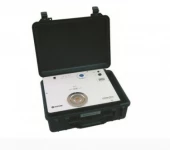Description
The Interspec 300-X Portable FTIR Spectrometer is a cutting-edge analytical instrument designed for precision and versatility in the field of spectroscopy. This portable device offers a comprehensive wavelength range, allowing for detailed and accurate analysis across a spectrum from 7000 to 400 cm-1 without the ATR accessory and 6000 to 600 cm-1 with the ZnSe ATR accessory. Its robust design ensures that users can perform high-resolution measurements with standard resolutions of 1 cm-1 and an optional enhanced resolution of 0.5 cm-1.
Engineered for ease of use, the Interspec 300-X features an integrated sample compartment that accommodates a variety of accessories including ATR, reflection, and transmission attachments. This flexibility makes it an excellent choice for a wide range of spectroscopic applications. The spectrometer is equipped with an 18-bit high-speed data acquisition system, ensuring precise data capture and analysis. Its Windows-based operating system and USB 2.0 interface facilitate seamless connectivity and user-friendly operation.
Designed with portability in mind, the Interspec 300-X operates on a 12 VDC, 30 W power supply and is compactly built with dimensions of W49xD39xH20 cm and a weight of 18 kg. This makes it an ideal solution for both laboratory and field applications where space and mobility are crucial. The device is a product of Interspectrum OU, based in Toravere, Estonia, known for their innovative approach and commitment to quality in spectroscopic technology.
Portable FTIR/FTNIR Spectrometer Interspec 300-X
Specifications
| Standard Measurement Range: | 7000 – 400 cm-1 |
|---|---|
| Max Resolution: | 1 cm-1 |
| Wavelength Range (with ZnSe ATR Accessory): | 6000 to 600 cm-1 |
| Resolution, Option: | 0.5 cm-1 |
| Sample Compartment: | Integrated |
| Accessories: | ATR, reflection, transmission |
| Data Acquisition System: | 18 bit, high speed |
| Operating System: | Windows based |
| Interface: | USB 2.0 |
| Power: | 12 VDC, 30 W |
| Dimensions: | W49xD39xH20 cm |
| Weight: | 18 kg |
Features
- Portable Design: The Interspec 300-X is a compact and portable FTIR spectrometer, ideal for on-site and laboratory use.
- Wavelength Range: Offers a versatile wavelength range of 7000 to 400 cm-1 without the ATR accessory, and 6000 to 600 cm-1 with the ZnSe ATR accessory.
- High Resolution: Standard resolution of 1 cm-1, with an optional upgrade to 0.5 cm-1 for enhanced detail.
- Integrated Sample Compartment: Simplifies operation with an all-in-one design, accommodating various accessories.
- Versatile Accessories: Compatible with ATR, reflection, and transmission accessories for diverse applications.
- Advanced Data Acquisition: Features an 18-bit, high-speed data acquisition system for precise measurements.
- Windows-Based Operating System: Provides a user-friendly interface and seamless integration with existing systems.
- USB 2.0 Interface: Ensures fast and reliable data transfer.
- Efficient Power Usage: Operates on a 12 VDC, 30 W power supply, making it energy-efficient.
- Compact Dimensions: Measures W49xD39xH20 cm, making it easy to fit into various workspaces.
- Manageable Weight: Weighs 18 kg, allowing for easy transport and setup.
Applications
- Pharmaceutical Analysis: Utilize the Interspec 300-X for quality control and verification of raw materials and finished products in the pharmaceutical industry.
- Environmental Monitoring: Detect and analyze pollutants in air, water, and soil samples for environmental compliance and research.
- Food and Beverage Testing: Ensure the safety and quality of food products by identifying contaminants and verifying ingredient composition.
- Material Science: Study the composition and properties of polymers, plastics, and other materials for research and development purposes.
- Forensic Analysis: Assist in crime scene investigations by identifying chemical substances and residues.
- Petrochemical Industry: Analyze crude oil and its derivatives to optimize refining processes and ensure product quality.
- Academic Research: Support various scientific research projects in chemistry, biology, and material science with precise spectral analysis.
- Art and Cultural Heritage: Contribute to the preservation and analysis of artworks and historical artifacts by identifying pigments and materials.
Frequently Asked Questions
What accessories are included with the Interspec 300-X?
What is the resolution of the Interspec 300-X?
What is the wavelength range of the Interspec 300-X without the ATR accessory?
What is the weight of the Interspec 300-X?
What operating system does the Interspec 300-X use?
Similar Products
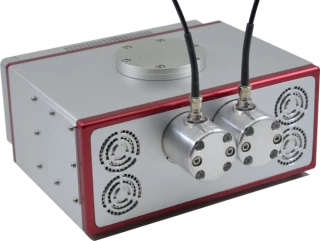
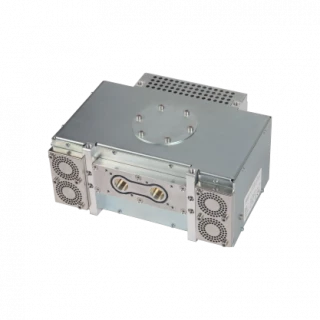
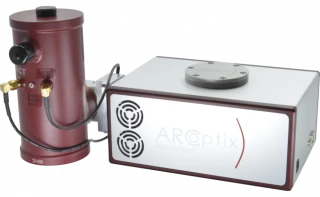
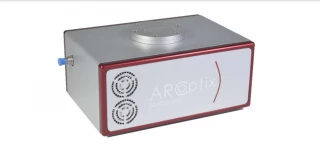
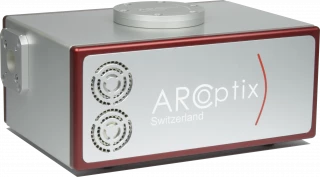
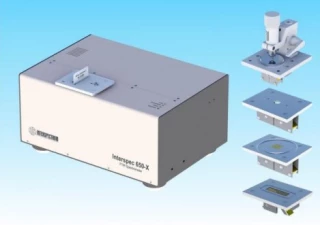
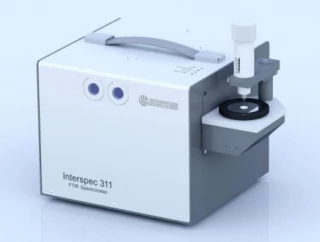
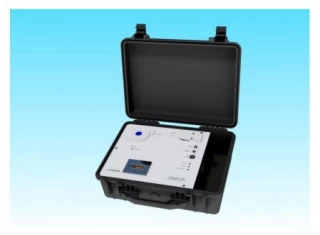
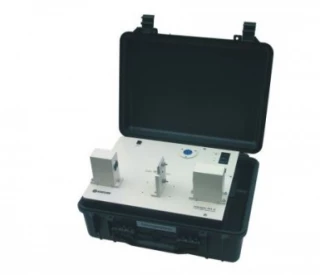
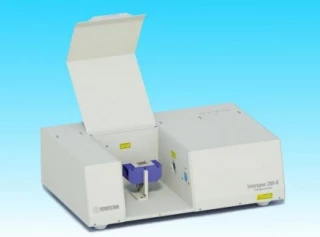
Your inquiry has been received.
Create an account by adding a password
Why create an account?
- Auto-complete inquiry forms
- View and manage all your past messages
- Save products to your favorites
- Close your account anytime — no hassle
